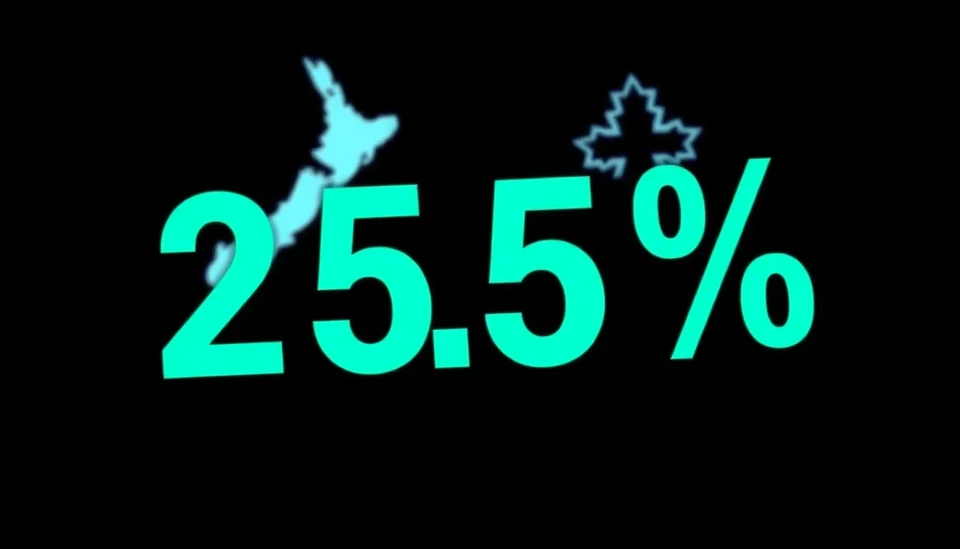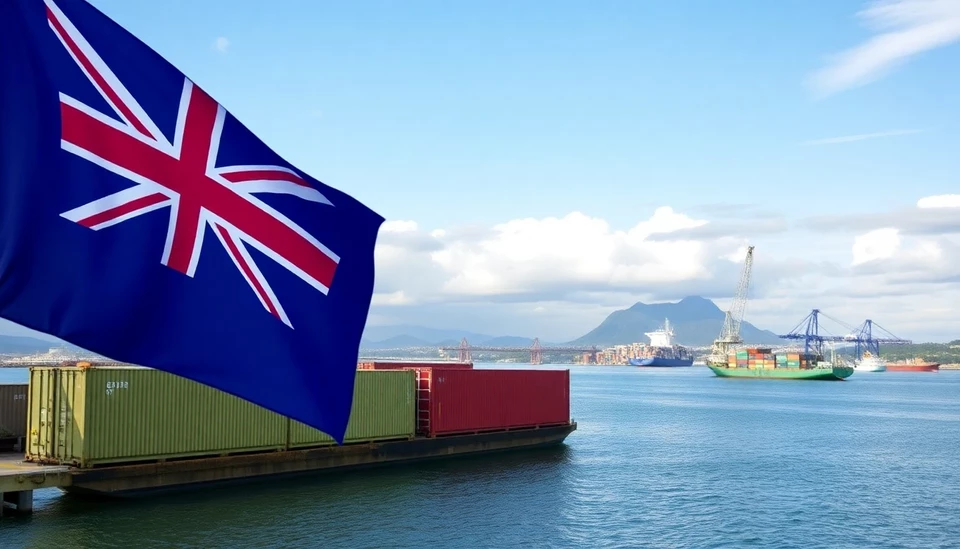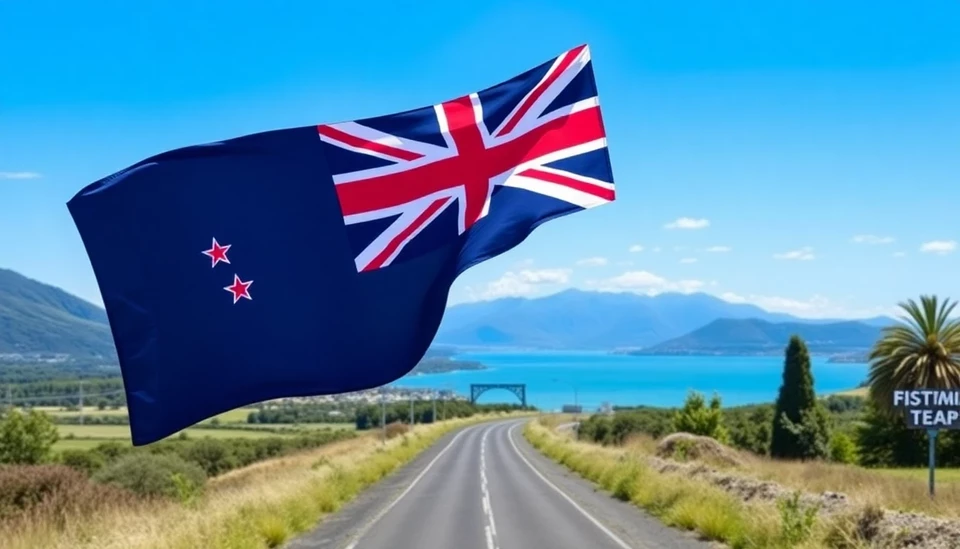
In a bold move reflecting its commitment to tackling climate change, the New Zealand government has revealed plans to establish a comprehensive framework aimed at climate adaptation. This strategic initiative aims to better equip the nation to address the impacts of climate change, including rising sea levels, extreme weather events, and increased temperatures.
New Zealand Prime Minister Chris Hipkins unveiled the framework during a press conference held in Wellington, describing it as a "historic step forward" for the country. The framework will serve as a guiding document that directs local governments, businesses, and communities on how to adapt to changing environmental conditions and mitigate potential climate-related risks.
According to Hipkins, the development of the framework follows extensive consultation with various stakeholders across the nation, including Māori communities, environmental organizations, and industry leaders. He emphasized the importance of inclusive decision-making, stating that "everyone needs to play a role in this response." The framework aims to empower communities, ensuring that they are equipped with the necessary resources and knowledge to build resilience against climate impacts.
One of the unique aspects of the proposed framework is its emphasis on a holistic approach to adaptation. This includes not only addressing physical infrastructure challenges but also considering social and cultural dimensions. The government recognizes that climate adaptation is not solely a technical issue but deeply intertwined with the well-being of communities and ecosystems.
The framework will also be designed to facilitate funding opportunities for local projects, allowing communities to implement tailor-made solutions that best suit their specific climate challenges. The Prime Minister highlighted that financial backing will be critical to the successful rollout of adaptation strategies, noting that the government is exploring various funding pathways to support local initiatives.
Furthermore, the framework is expected to include guidelines for integrating climate adaptation into existing policies and practices. This integration will help ensure consistency and coherence across governmental levels and encourage a unified approach to climate resilience.
As New Zealand faces increasing climate-related pressures, the introduction of this framework is seen as a necessary response to safeguard both the environment and the nation’s future. Environmental experts and climate advocates have cautiously welcomed the announcement, expressing optimism about the potential for proactive, community-based climate solutions.
The Prime Minister concluded the announcement by affirming a shared vision: “Together, we can create a climate-ready New Zealand. This framework will be a tool to foster collaboration and empower action, ensuring that we not only adapt but thrive in the face of climate change.”
As the framework is further developed and implemented, all eyes will be on New Zealand to see how this initiative influences global conversations around climate adaptation, particularly in small island nations facing similar challenges.
#NewZealand #ClimateAdaptation #ClimateChange #Sustainability #Resilience #ChrisHipkins
Author: Peter Collins




